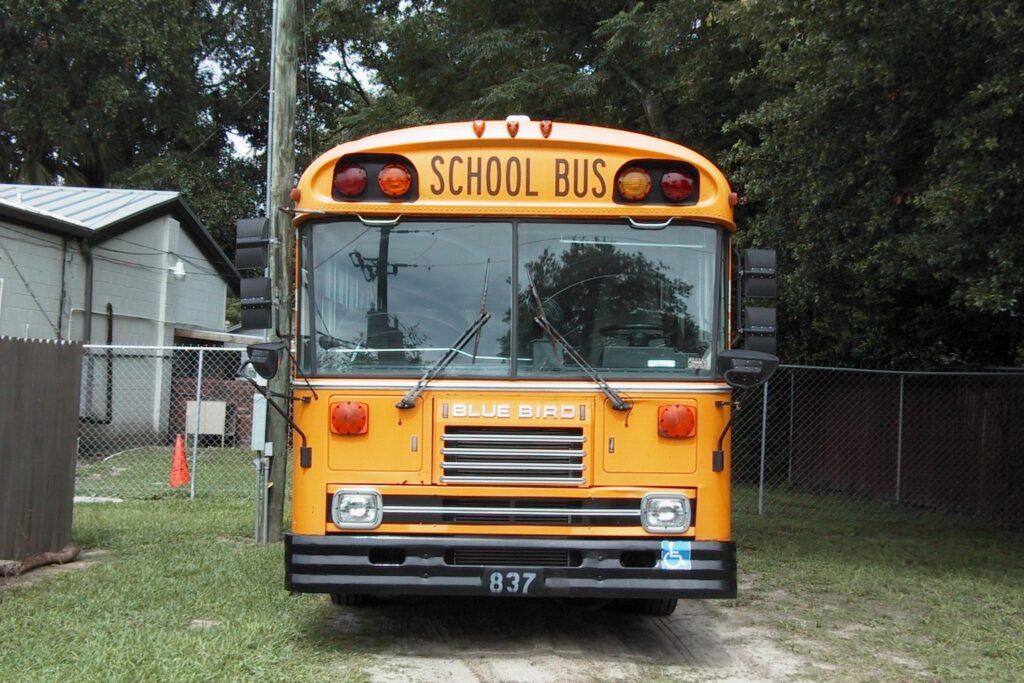Featured
Mitchell: Funding Plan Eases Problems for Lawmakers, Not for Schools
 A modified method of distributing state revenue to local public school districts will have little impact on school quality.
A modified method of distributing state revenue to local public school districts will have little impact on school quality.
Indeed, the Mississippi Uniform Per Student Funding Formula Act of 2018 seems designed to benefit the image of the Legislature. It has very little to do with student achievement.
As the stampede toward the new plan continues in the Capitol, it’s time, in fairness to lawmakers, to bang once again the gong that reminds us that money is one factor in education, not the do-all to end-all.
People have every reason to believe an expensive steak will be better than a cheap steak, but that doesn’t transfer to education. It is false equivalency. Exceptional students can and do come from low-spending districts. Results are abysmal in many metro districts across America where per-pupil spending doubles outlays in Mississippi.
That said, the zeal is real to get rid of the Mississippi Adequate Education Program and replace it with another approach to distributing state cash. It begs the question, “Why?”
Here’s some reasoned speculation:
- Lawmakers are way past weary of pro-public education voices beating them up year after year when they fail to appropriate funds to match MAEP formulas. Twenty years ago, when MAEP was crafted during a year-long, very public process, the state was on the cusp of being sued by the federal government. Well-settled law says states must act affirmatively to balance allocations, taking into account that students who live in tax-poor districts should not be penalized in terms of resources. MAEP averted a lawsuit by funding wealthy districts less than poverty-stricken districts.
- Lawmakers really, really, really disfavor the automatic escalation of funds established by MAEP because it robs them of political clout. Forty years of covering politics reveals this: Politicians like to be asked (begged) to provide help. Under MAEP, that didn’t happen. No special favors. Numbers yielded a total due. By law they themselves passed, legislators were limited to writing checks. Period. End of discussion.
- The new approach, passed by the House about a week after the leadership released it, awards money based on individual students rather than entire districts. The logic of diverting a student’s money to a private or charter school as opposed to diverting a district’s money is, at least superficially, more palatable.
 Just as the forces to retain MAEP have been vocal for many years, so have the voices of those favoring choice. Mississippi is mostly a rural state with each public school serving an individual, fairly large attendance zone. Choice for a student in a zone with one public school is most often limited to a charter or private school. If parents can take their child’s state-allocated total with them, then abandoning a public school becomes easier, at least in concept.
Just as the forces to retain MAEP have been vocal for many years, so have the voices of those favoring choice. Mississippi is mostly a rural state with each public school serving an individual, fairly large attendance zone. Choice for a student in a zone with one public school is most often limited to a charter or private school. If parents can take their child’s state-allocated total with them, then abandoning a public school becomes easier, at least in concept.
The fallback position for House Speaker Philip Gunn and his fellow Republicans, who have for years fought the perception that they’re not big fans of public education, is that actual K-12 dollars distributed by the state have increased almost annually, even if not at the pace prescribed of MAEP.
In the run-up to voting for the new Mississippi Uniform Per Student Funding Formula Act of 2018, which included hiring and then partially ignoring a big-name national school funding consultant, transparency was pledged. There were hearings last year, but superintendents, in the aftermath of the hurry-up vote, pointed out they nor their representatives had time to calculate the impact on local schools. No matter, said others. This is what the leadership wants, so we deliver.
Quizzed about whether the new approach was better than MAEP, Education Chairman Rep. Richard Bennett, R-Long Beach, who was appointed four weeks ago, was quoted as saying, “I have not studied or looked at MAEP, and I do not want to pretend to even understand it. I don’t think many people do.”
As referenced, the new plan creates a flat allocation. The base is $4,800 per student with add-ons based on family income, special needs and such. There’s an increase for high school students, too.
Gunn defends the plan by explaining that while it’s a work in progress, it does call for $107 million more in state funding of local districts. But again, in truth, that’s over a seven-year phase-in.
The key component, though, is that the $4,800 is not indexed in any way. Ostensibly, it could remain unchanged for 50 years, but it really means schools will have to come to the Legislature, hat-in-hand, every year. Too, lawmakers will no longer face slings and arrows for not adhering to a law they passed.
 Charlie Mitchell is a Mississippi journalist. Write to him at cmitchell43@yahoo.com.
Charlie Mitchell is a Mississippi journalist. Write to him at cmitchell43@yahoo.com.





























